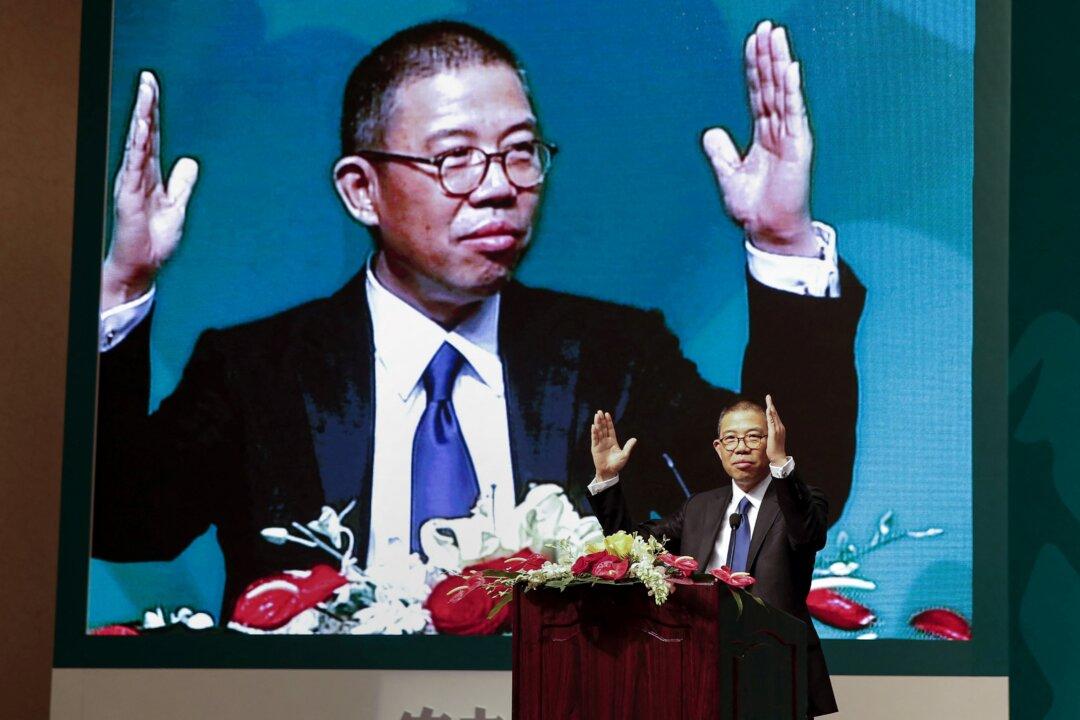News Analysis
The founder of China’s leading bottled water giant, Zhong Shanshan, was again recognized as China’s wealthiest individual for a fourth straight year.

The founder of China’s leading bottled water giant, Zhong Shanshan, was again recognized as China’s wealthiest individual for a fourth straight year.